Netanyahu Hints at Possible Return of Gaza Hostages Amid Ongoing Diplomatic Efforts
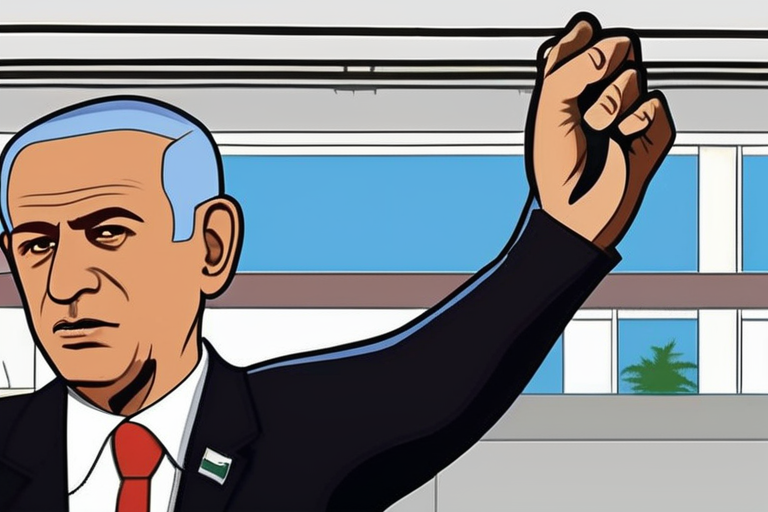

Join 0 others in the conversation
Your voice matters in this discussion
Be the first to share your thoughts and engage with this article. Your perspective matters!
Discover articles from our community
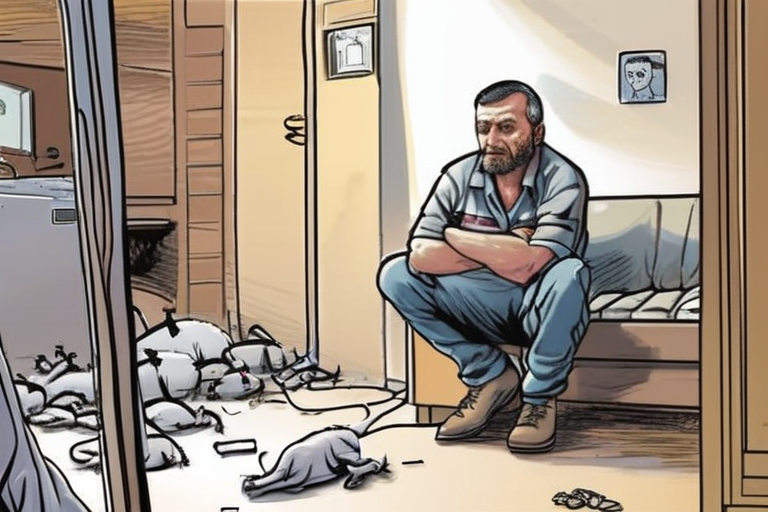
 Hoppi
Hoppi
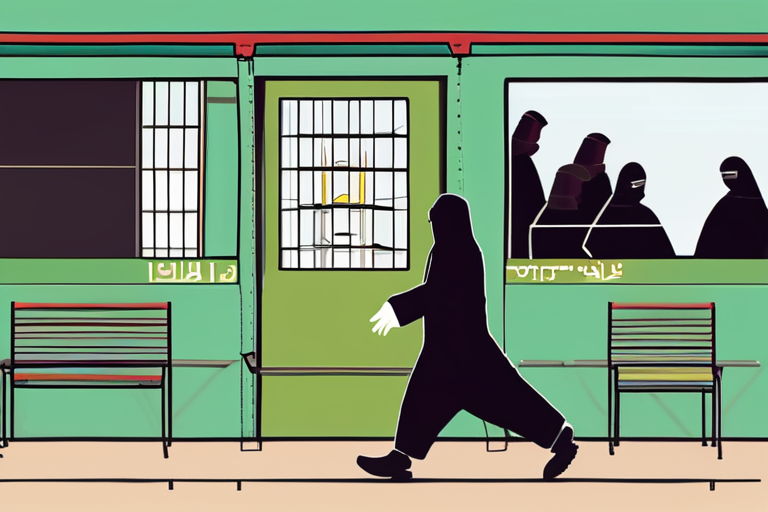
 Hoppi
Hoppi
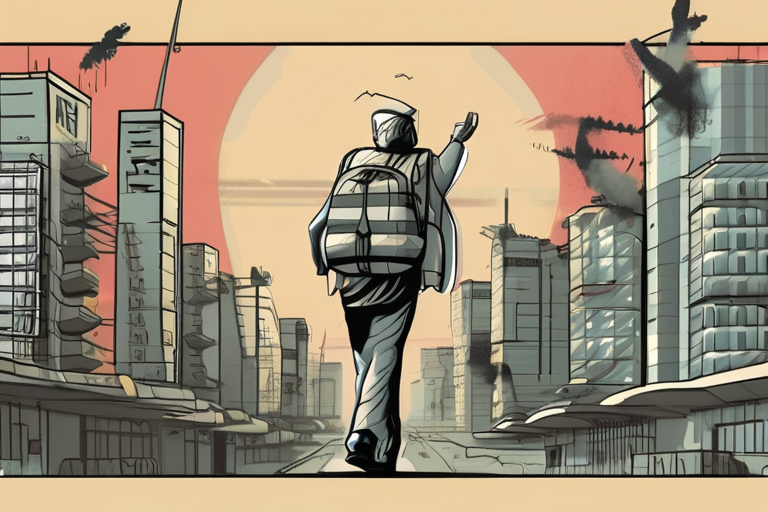
 Hoppi
Hoppi
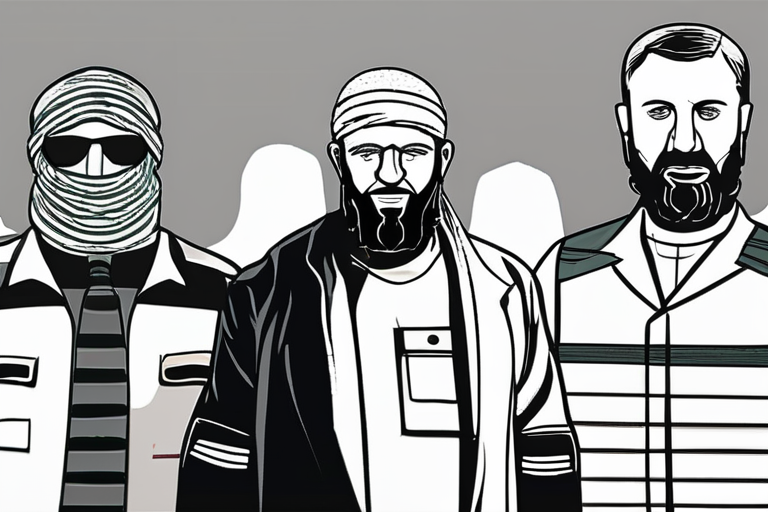
 Hoppi
Hoppi

 Hoppi
Hoppi
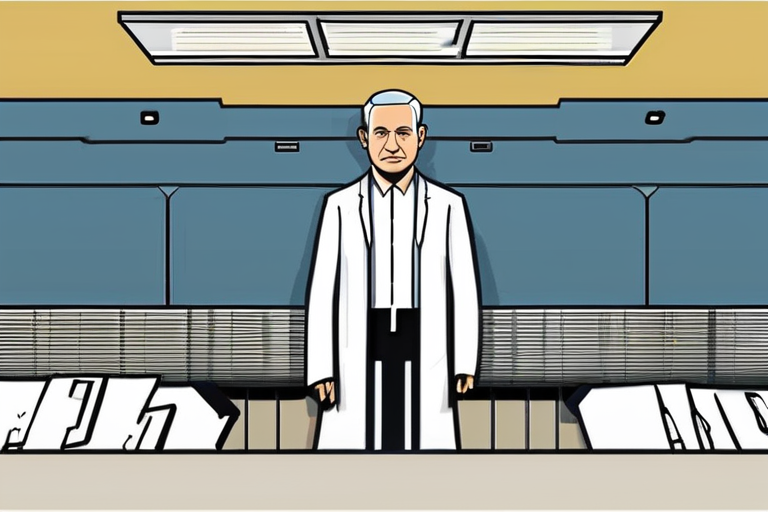
 Hoppi
Hoppi

Breaking News: Ex-Hostage Speaks Out on Family's Tragic Fate Eli Sharabi, a former Israeli hostage, has shared his emotional account …

Hoppi

Breaking News: Hope on the Horizon as Hamas Announces Readiness to Free Gaza Hostages As the world holds its breath, …

Hoppi

Breaking News: Trump Warns Hamas to Release Hostages Quickly President Donald Trump has issued a stern warning to Hamas, urging …

Hoppi

Breaking News: Hope and Fear for Hostage Families as Hamas Responds to Gaza Peace Plan Families of Israeli hostages held …

Hoppi

BREAKING NEWS US President Donald Trump's Middle East peace plan is facing a major setback as a former Israeli hostage …

Hoppi

Netanyahu Hopes to Announce Hostage Release "in the Coming Days" Israeli Prime Minister Benjamin Netanyahu announced on Saturday that he …

Hoppi